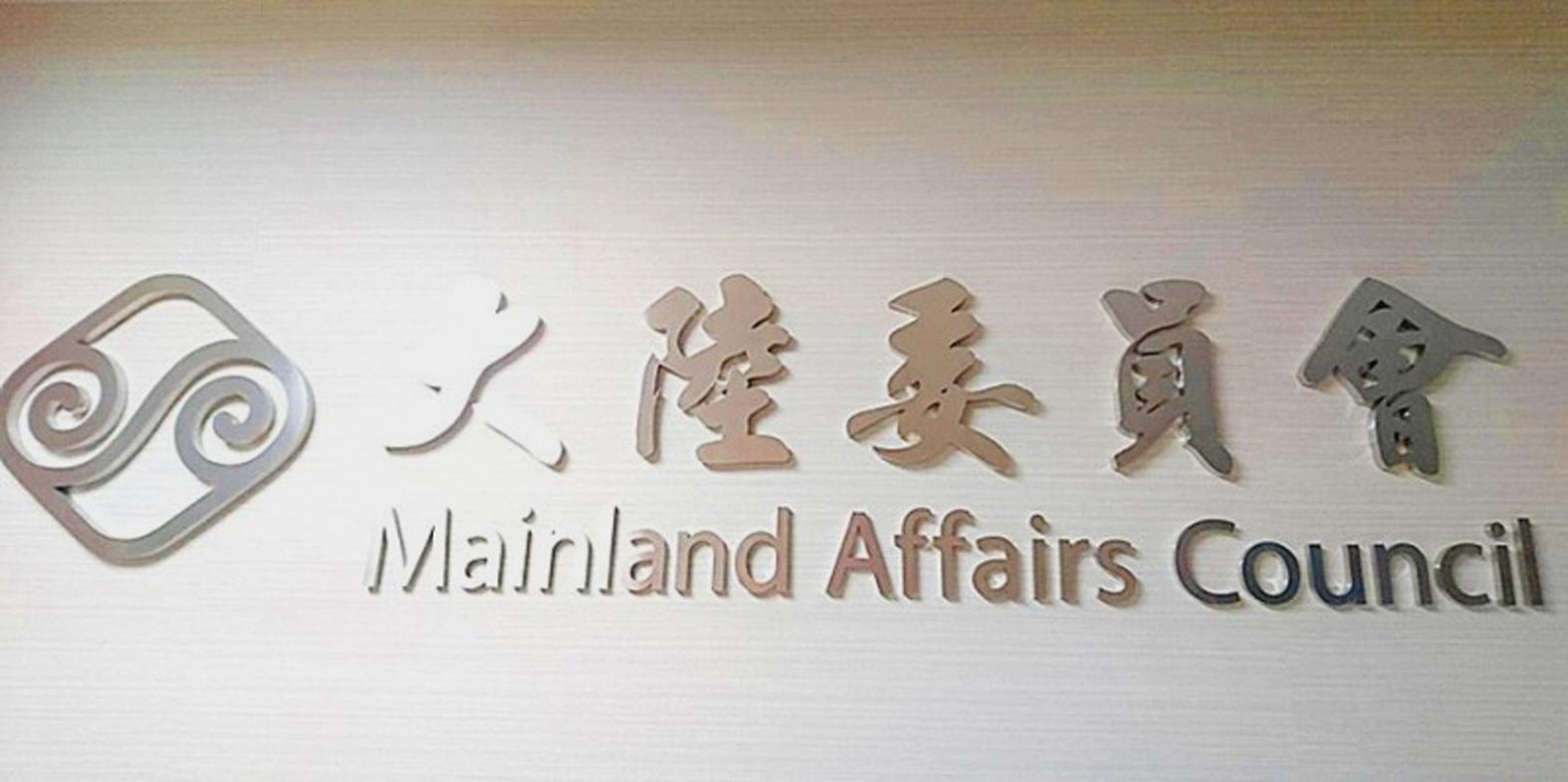An attack launched against Minister of Foreign Affairs Joseph Wu (吳釗燮) by China’s Taiwan Affairs Office (TAO) has no precedent in the international community, underscoring not only China’s lack of etiquette, but also how far it is from acting as a member of “civilized society,” the Mainland Affairs Council (MAC) said yesterday.
In a lengthy denouncement of Wu late on Thursday, the TAO said that he is a “diehard” supporter of Taiwanese independence who peddles the lie that Taiwan is a sovereign nation.
The TAO accused Wu of distorting UN General Assembly Resolution 2758, adding that Wu’s actions to engineer Taiwan observer status at the World Health Assembly and his efforts to gain international support for Taiwan to join the Comprehensive and Progressive Agreement for Trans-Pacific Partnership openly challenged the globally accepted “one China” principle.

Photo: Chung Li-hua, Taipei Times
It quoted a poem written by former Chinese leader Mao Zedong (毛澤東) in 1963, The River All Red, which was a denunciation of the Soviet Union and the US.
“All forms of comments on Taiwan independence are but flies ‘humming, with a burst of shrilling and a fit of sobbing,’” it said.
While the Ministry of Foreign Affairs said the attack was “not worthy” of comment, the council denounced it as “slander and abuse.”
The level of vitriol aimed at Wu was unprecedented and only further highlights China’s boorish incivility and how far it is from being part of civilized society, the council said.
UN General Assembly Resolution 2758 never addressed the issue of representation of Taiwan and its people at the UN, nor did it address relations between Taiwan and the People’s Republic of China, it said.
Beijing is attempting to upset the international order and trying to erroneously link the UN resolution to its “one China” principle, it added.
Taiwan is within its rights to participate in any international organization or regional economic agreement and Beijing has no right to intervene, the council said, adding that the international community would not allow Beijing to unilaterally change the rules for states wishing to participate on the international stage.
The government urges Beijing to recognize the realities of cross-strait relations and to cease its acts of intimidation, it said.
Additional reporting by Reuters

The manufacture of the remaining 28 M1A2T Abrams tanks Taiwan purchased from the US has recently been completed, and they are expected to be delivered within the next one to two months, a source said yesterday. The Ministry of National Defense is arranging cargo ships to transport the tanks to Taiwan as soon as possible, said the source, who is familiar with the matter. The estimated arrival time ranges from late this month to early next month, the source said. The 28 Abrams tanks make up the third and final batch of a total of 108 tanks, valued at about NT$40.5 billion

Two Taiwanese prosecutors were questioned by Chinese security personnel at their hotel during a trip to China’s Henan Province this month, the Mainland Affairs Council (MAC) said yesterday. The officers had personal information on the prosecutors, including “when they were assigned to their posts, their work locations and job titles,” MAC Deputy Minister and spokesman Liang Wen-chieh (梁文傑) said. On top of asking about their agencies and positions, the officers also questioned the prosecutors about the Cross-Strait Joint Crime-Fighting and Judicial Mutual Assistance Agreement, a pact that serves as the framework for Taiwan-China cooperation on combating crime and providing judicial assistance, Liang

A group from the Taiwanese Designers in Australia association yesterday represented Taiwan at the Midsumma Pride March in Melbourne. The march, held in the St. Kilda suburb, is the city’s largest LGBTQIA+ parade and the flagship event of the annual Midsumma Festival. It attracted more than 45,000 spectators who supported the 400 groups and 10,000 marchers that participated this year, the association said. Taiwanese Designers said they organized a team to march for Taiwan this year, joining politicians, government agencies, professionals and community organizations in showing support for LGBTQIA+ people and diverse communities. As the first country in Asia to legalize same-sex

MOTIVES QUESTIONED The PLA considers Xi’s policies toward Taiwan to be driven by personal considerations rather than military assessment, the Epoch Times reports Chinese President Xi Jinping’s (習近平) latest purge of the Chinese People’s Liberation Army (PLA) leadership might have been prompted by the military’s opposition to plans of invading Taiwan, the Epoch Times said. The Chinese military opposes waging war against Taiwan by a large consensus, putting it at odds with Xi’s vision, the Falun Gong-affiliated daily said in a report on Thursday, citing anonymous sources with insight into the PLA’s inner workings. The opposition is not the opinion of a few generals, but a widely shared view among the PLA cadre, the Epoch Times cited them as saying. “Chinese forces know full well that